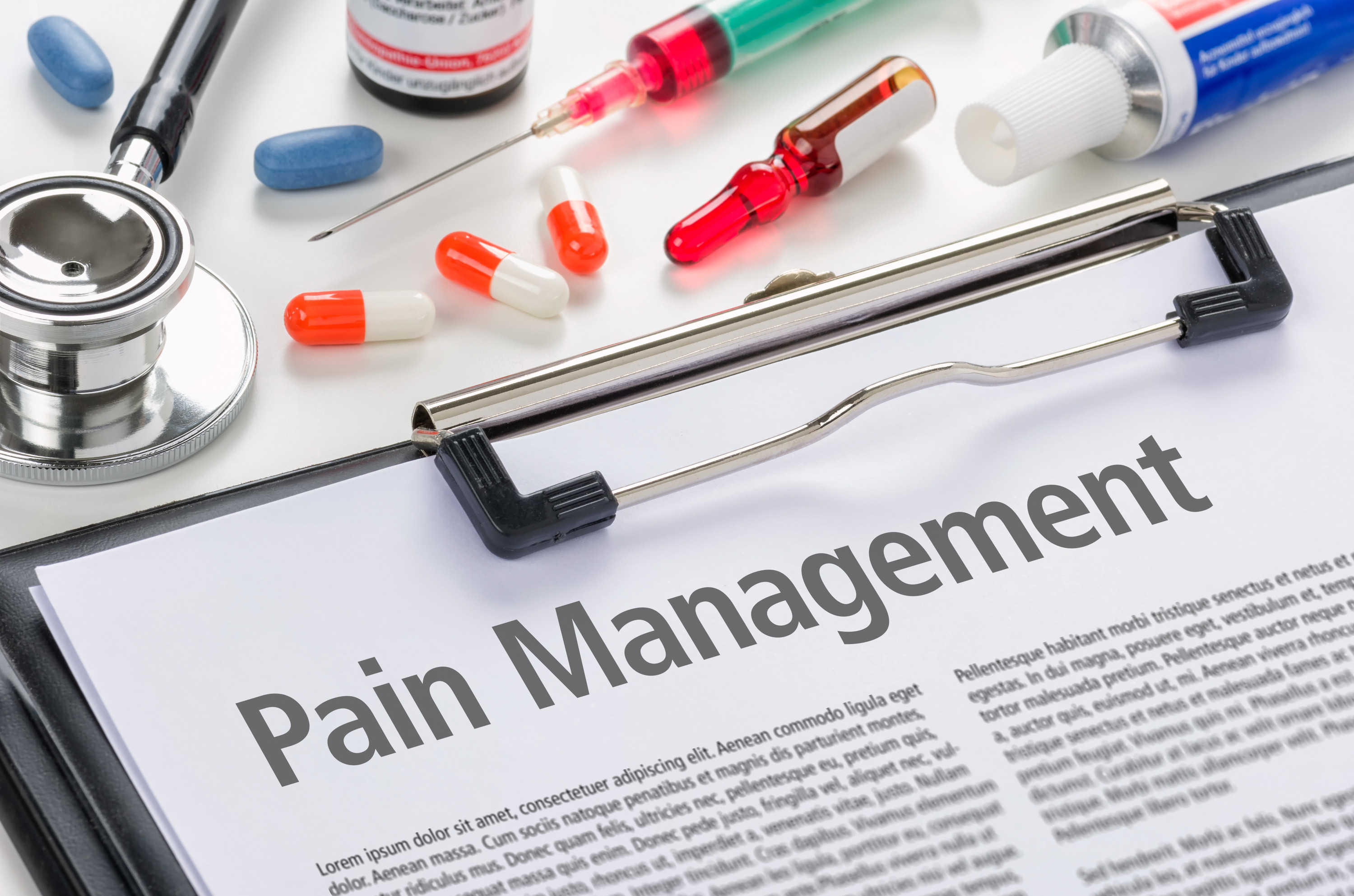Exploring multiple ways to manage pain before and after surgery
Pain following major surgery is a reality. Managing that pain is important because it can affect the outcome of your recovery and reduce the chances of complications like pneumonia and blood clots. When pain is reduced, it is possible to carry out post-operative instructions like walking and deep breathing, which aid in recovery.
In past years, the most common method of pain management was opioid analgesics. However, these medications can cause dizziness, nausea, constipation and other side effects. They are also potentially addictive. This has led doctors to look at alternative pain control methods. Before having surgery, take the time to discuss pain management with your surgeon and come up with a plan. Here are some of the issues to consider
What kind of pain to expect
Most people expect pain at the surgical site but there are often other areas affected. Pain is often felt in the neck, back or chest from lying on the operating table. Some people experience a scratchy or sore throat following surgery. Sitting up, walking or coughing can also be painful if they may irritate the incision site.
A medication plan before surgery
The Cleveland Clinic completed a study where patients took a mix of drugs before surgery that would combat the onset of pain-causing chemicals that come from the central nervous system after surgery. This method proved effective in reducing pain. Some of the drugs that were used before surgery were acetaminophen, gabapentin and NSAID celecoxib. Another way to reduce the body’s response to surgery was taking a steroid before surgery. Steroids reduce inflammation following surgery and reduce pain. Talk with your doctor about these options.
Check on anesthesia options
Ask your surgeon if a local anesthesia can be used instead of a general anesthesia. Local anesthesia uses a lower level of opioids and can be effective when used with a peripheral nerve block.
Options for pain relief
Pain is different for every person. The most effective pain management often comes from a variety of methods instead of just one. One place to start is with acetaminophen and NSAIDS. These two medications work together well since acetaminophen provides general pain relief and NSAID is an anti-inflammatory.
If this does not provide relief, COX-2 inhibitors can be used instead of NSAIDS. This medication blocks enzymes that make the chemicals that trigger inflammation and pain. They generally can be taken with acetaminophen.
There are also some nerve pain medications like gabapentin that can address nerve-related pain after surgery. It is important to work with your doctor to come up with the right combinations of these medications.
There are also a variety of treatment options that can help reduce pain. Elevating the area where surgery was performed can reduce swelling. Heat or cold therapy can also be effective.
Sometimes a nerve block is used to control pain. This method controls pain in a small area of the body using a small amount of opioids.
If none of these methods are reducing pain, it may be time to try opioids. Be realistic about pain however. If you are able to function, eat meals and watch television, perhaps the pain is not that severe. If opioids are started, limit the amount of time you take them. One method is to alternate opioid and non-opioid pain relief.
Control the pain
The important goal is to be sure pain is controlled. If relief is not felt after 30 minutes of taking a medication, let the nurse or doctor know. Waiting until the pain is unbearable can cause additional problems like a rise in blood pressure.
Another option for pain control
Recovery can be challenging and stressful, especially if you are going through it alone. This is the reason some people wisely choose to recover in a short-term care facility where there are round-the-clock professionals ready to help with pain management, wound care and the many other medical and personal needs.
One of the premier locations on the North Shore for recovery is Whitehall of Deerfield where each guest’s needs are attentively addressed during recovery. A clinical nurse liaison completes an assessment to find out areas that need attention from pain management to dietary needs. A team of therapists work one-on-one with guests up to seven days a week to help speed recovery in state-of-the-art orthopedic rehabilitation gyms.
With one of the highest staff-to-patient ratios around, Whitehall of Deerfield offers guests a positive, supportive environment. Consistent, attentive and compassionate care is provided by everyone from the concierge to the nursing staff in a luxurious setting. Guests enjoy balanced, gourmet meals in a deluxe dining area that is rarely found in health care. Beautifully landscaped grounds, rooms decorated with lavish woodwork, tasteful decor, a sun-filled solarium plus world-class amenities give the feel of a hotel get-away during a stay at Whitehall of Deerfield.
When it comes to an effective recovery, Whitehall of Deerfield is the choice for qualified compassionate care in a beautiful setting. To arrange a visit or to learn more, visit whitehallofdeerfield.com or call 847-945-4600.

